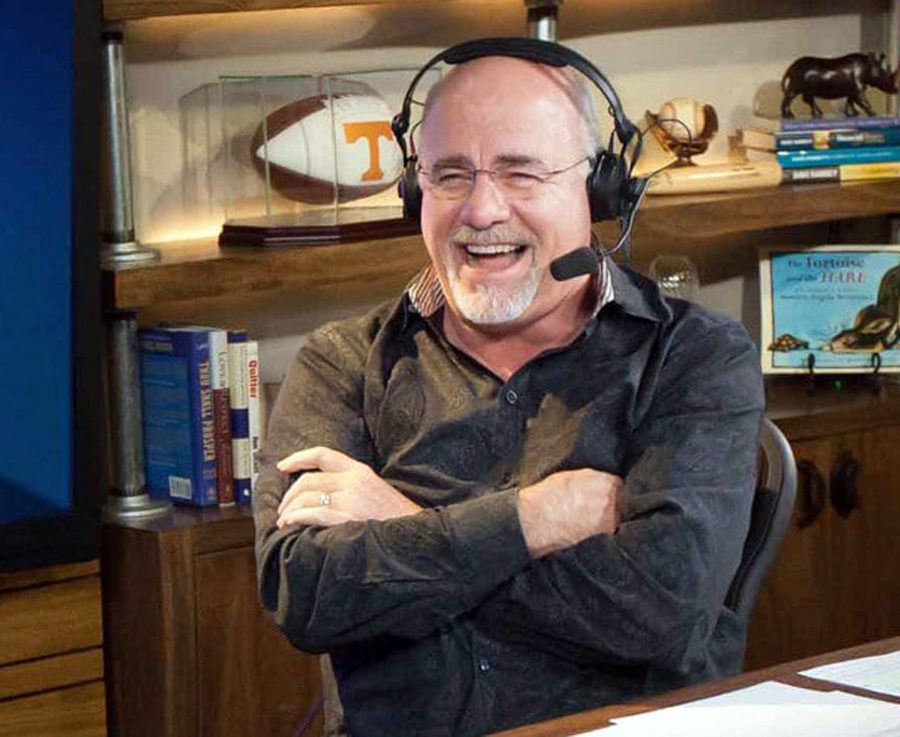
 By Michael Bechara
By Michael Bechara
June 17, 2010
In matters of style, swim with the current; in matters of principle, stand like a rock - Thomas Jefferson
We have a warped perception of conformity in our culture. It seems it is perfectly acceptable and even encouraged, to be as deviant as possible in manners of speech, costume and behavior.
Reflecting on what is acceptable versus not acceptable in our culture yields an interesting paradigm. Dressing weird, speaking incoherently and behaving like an angry toddler will get you cries of praise for being original, artistic and forward thinking, but to have differing intellectual points of view, to stand for basic principles or to call a failed policy by its name-¦-¦ well that’s another story.
Intellectual diversity has become a very dirty word.
Nowhere is this truer than in the realm of economics. Witness our very own Federal Reserve, where decisions are taken that affect the daily life and financial future of nearly all Americans.
You would expect discussions over monetary policy to be quite animated as the consequences of misguided decisions in this area are grave. You would also expect there to be some variations in the voting patterns as a result.
Most Federal Open Market Committee (FOMC) votes have been unanimous.
It is a little strange that there is complete agreement among a group of intellectuals when discussing such weighty issues as interest rate policy. In business, the best decisions are made via the presentation and discussion of diverging points of view and rarely are these varying points of view perfectly reconciled when it come times for a vote. The recent FOMC voting patterns suggest a lax decision-making atmosphere at best and a lack of any independent thought at worst.
Recently, however, there seems to be the genesis of some independent (and thought provoking) thinking coming out of the Fed.
Kansas City Federal Reserve President Thomas Hoenig has lately shown that he is not an android programmed to automatically rubber stamp the ZIRP (Zero Interest Rate Policy).
In a handful of recent votes on major policies, Hoenig has been the lone dissenting vote. His rejection of some key elements of dogma has done much to puncture some of the illogic of the “groupthink” dominating FOMC meetings.
Hoenig has articulated some of his positions as follows (my emphasis added):
-¢ Lambasted the tilted playing field that benefits Wall Street banks over Main Street banks;
-¢ Called the idea that the U.S. needs megabanks to compete globally a “fantasy”;
-¢ Said Congress should mandate simple, easily understood and enforceable rules
-¢ Prodded the Senate to get tougher on permanently ending Too Big To Fail
-¢ Criticized the Federal Reserve’s ongoing policy to keep the main interest rate near zero because it “guarantee[s] a spread to Wall Street”, enabling unearned profits and “encourag[ing] speculation.”
The last point is perhaps the most important as Hoenig voted twice this year against keeping the interest rates at zero.
As an entrepreneur and businessman, I am certainly glad that someone is challenging the currently orthodoxy and offering some well thought out alternatives. In addition Hoenig’s positions seem to be grounded in the principles of accountability, stability and thrift.
Whatever your feelings regarding the Fed’s policies, they are sure to have some definite effects on businesses. The major themes are:
Energy Price Volatility – As the dollar is pushed and pulled between expansion of the monetary base and investors seeking safety, we are likely to see significant volatility in crude oil process. This will have significant effects on company supply chains, especially those that source products/materials from East Asia. For example, how viable is a 12,000 mile long supply chain with oil at $150 per barrel?
Brittle Credit Markets – As the residential and now commercial real estate markets continue to deteriorate, banks will be faced with shrinking capital ratios and will likely tighten credit further.
Structural Changes – The rules of the economic game will change with more frequency and at a quicker pace. As the unsustainable patterns of behavior (overpriced real estate, dependence on consumer spending, etc.) continue to unwind there will be calls to implement structures to maintain the unsustainable. A failure to confront new realities quickly by management will be a significant handicap.
Equity Market Pullback – With the DOW breaking through 11,000 many experts are warning of a sharp pullback or even another collapse. Companies that are considering public offerings or depend on equity ratios for bank covenants should be considering this in their calculations.
Process Degradation – The recent spate of restructurings and layoffs have taken their toll on company business processes. Staffs have already been cut and the only way to increase productivity and effectiveness is through process redesign and efficiency. Companies that risk process breakdowns may stumble during the most competitive part of the race.
We are at a unique point in economic history where many of the economic structures that have been in place for generations are being called into question. There are many decisions that need to be made that will affect American business for generations to come.
There is certainly a prevailing a view regarding loose monetary policy, but I for one am comforted that there is one man at the Fed willing to challenge the efficacy of these policies and offer an alternative.
Michael Bechara, CPA is Managing Director of Granite Consulting Group Inc., a corporate governance, risk and financial management consultancy. Michael typically works with CFOs and Boards of Directors to build sustainable governance, control and financial management processes. Under his leadership, Granite Consulting Group has developed a neural networks based risk model that uses artificial intelligence to identify and evaluate corporate risks. He can be reached at [email protected]








